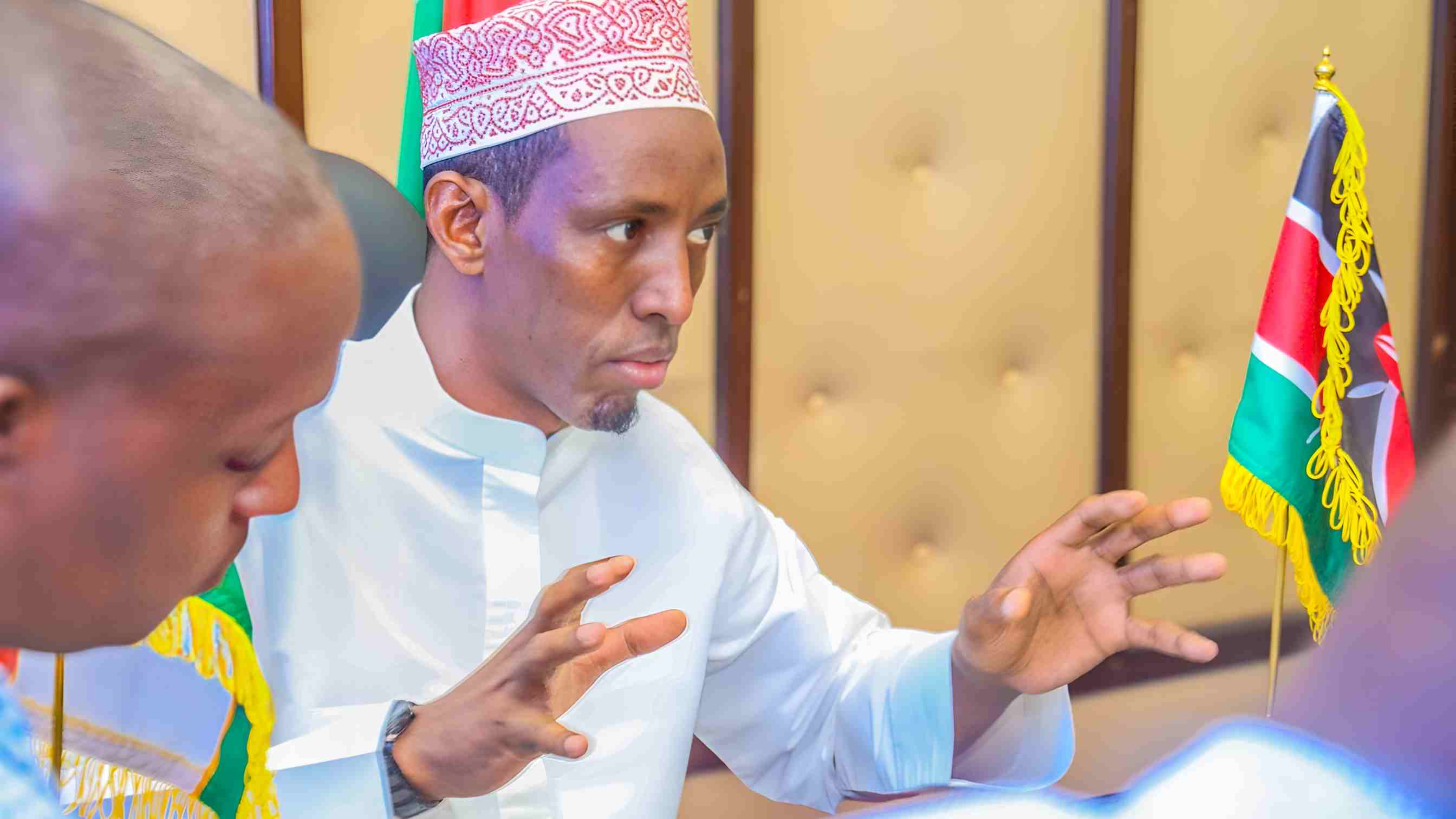Wajir County launches climate disaster response

The program, implemented in collaboration with Development Concern Initiative and Christian Aid, targets more than 1,000 households within Wajir West Sub-County.
Wajir County has launched a new emergency response initiative designed to address disease outbreaks and climate-related challenges.
The program, implemented in collaboration with Development Concern Initiative and Christian Aid, targets more than 1,000 households within Wajir West Sub-County.
Deputy Governor Ahmed Muhumed highlighted that the initiative seeks to provide relief to communities affected by recent flash floods, a severe kala-azar outbreak, and intense sandstorms, especially in Gurar location, which has suffered significantly from these disasters.
At the official launch, Deputy Governor Muhumed praised the initiative as a timely and community-focused effort.
"This project embodies the true spirit of humanitarian work rooted in local engagement, responsiveness, and partnership. The County Government is honored to collaborate with both local and international organizations to bring dignity and hope to families facing hardship," he remarked.
He also reiterated the county’s dedication to enhancing disaster preparedness and ensuring inclusive assistance reaches all residents, particularly those in remote and underserved areas.
Funding for the project comes from the Start Network and it is carried out by a consortium comprising HelpAge International and World Jewish Relief.
The project’s primary goal is to provide multipurpose cash transfers, essential non-food supplies, WASH kits, and shelter materials to address the immediate needs of those impacted.
The intervention aims not only to provide urgent assistance but also to promote long-term recovery and strengthen resilience in communities repeatedly affected by climate shocks and health crises.
Mahat Noor, Program Coordinator at Development Concern Initiative, emphasized the importance of strong local leadership in delivering effective emergency responses.
"Our efforts are rooted in the lived experiences of the communities we serve. This partnership guarantees that the most vulnerable families receive timely and effective support. It’s built on trust, accountability, and making a tangible difference where it matters most," he explained.
Recent floods have displaced hundreds, destroyed livelihoods, and heightened the risk of waterborne illnesses such as kala-azar, a deadly parasitic disease that poses a significant public health challenge.
Compounding these hardships, recurrent sandstorms continue to threaten families in areas like Gurar, leaving many struggling to meet their basic needs.
